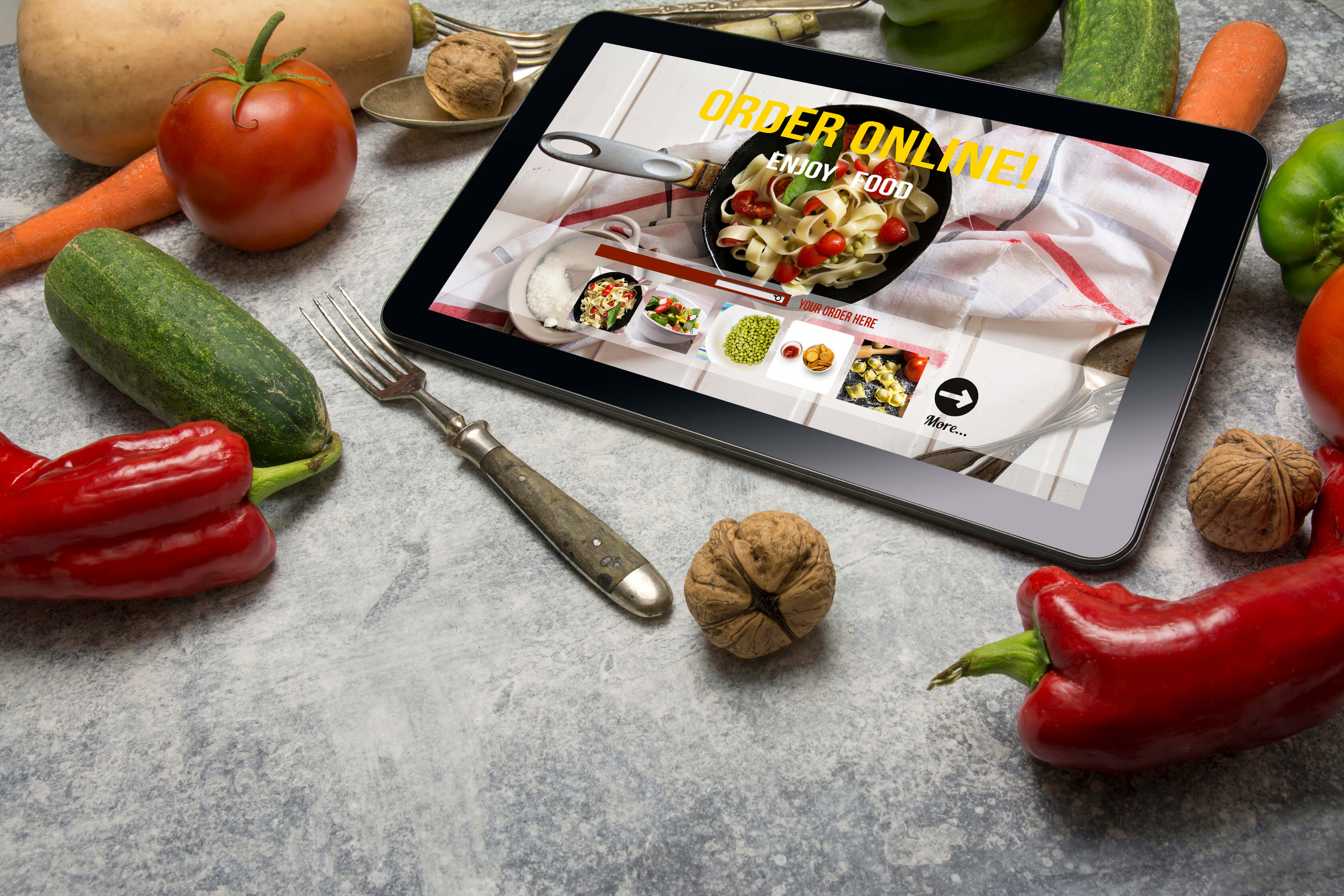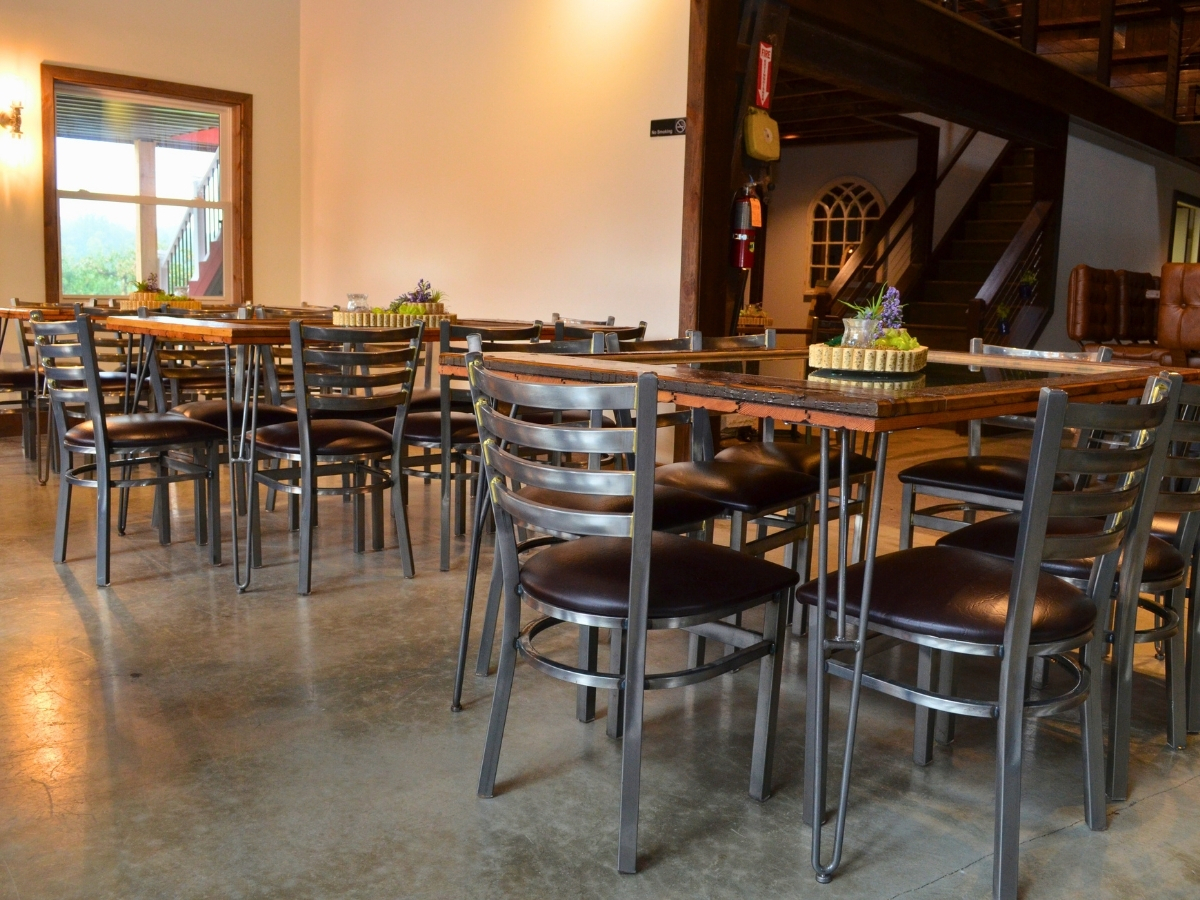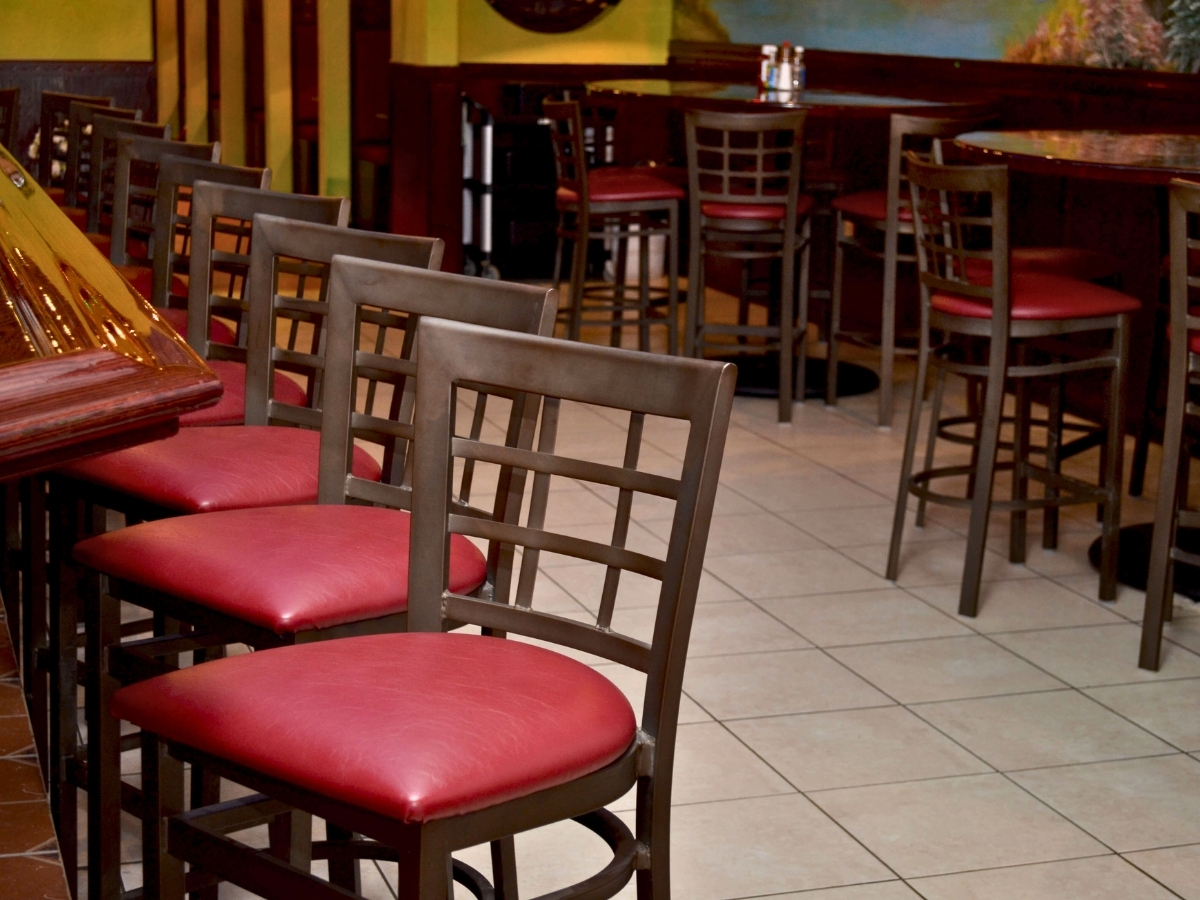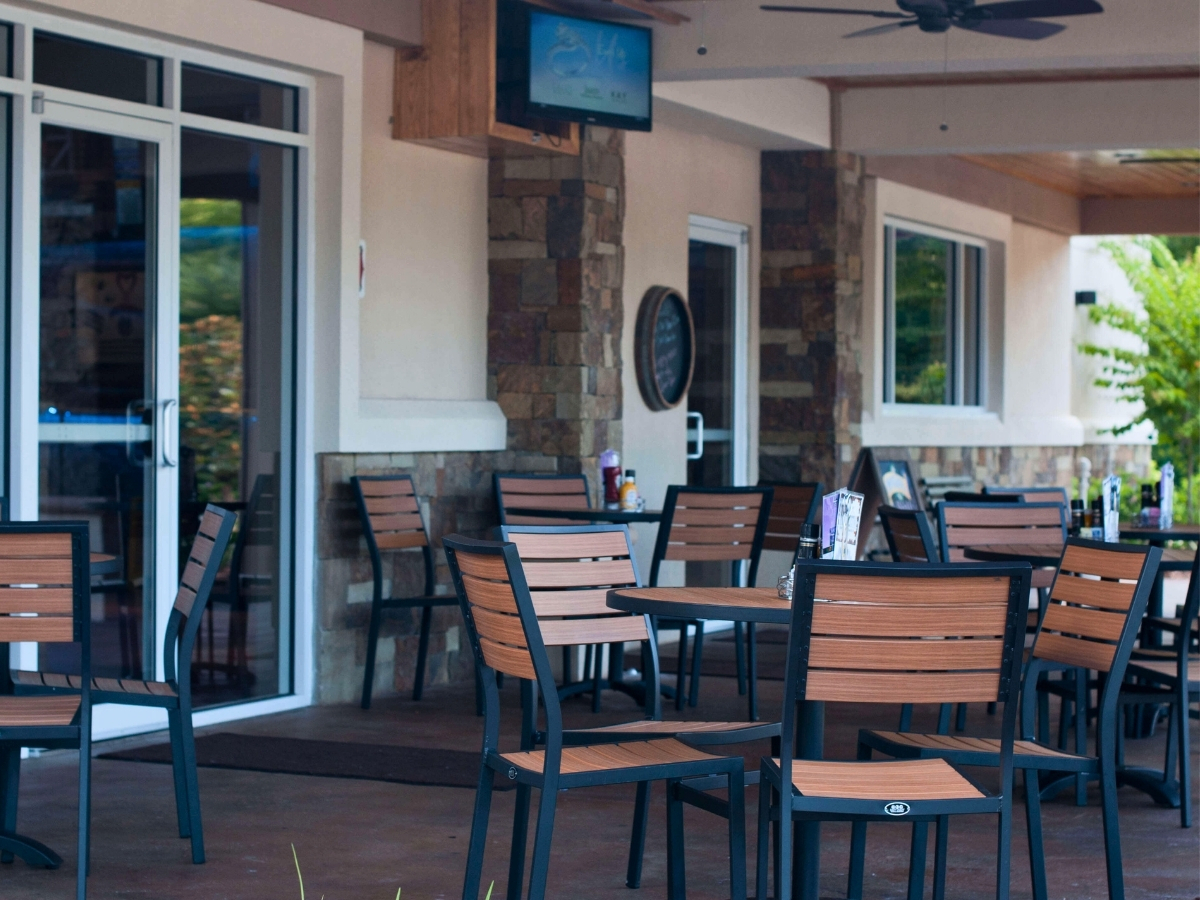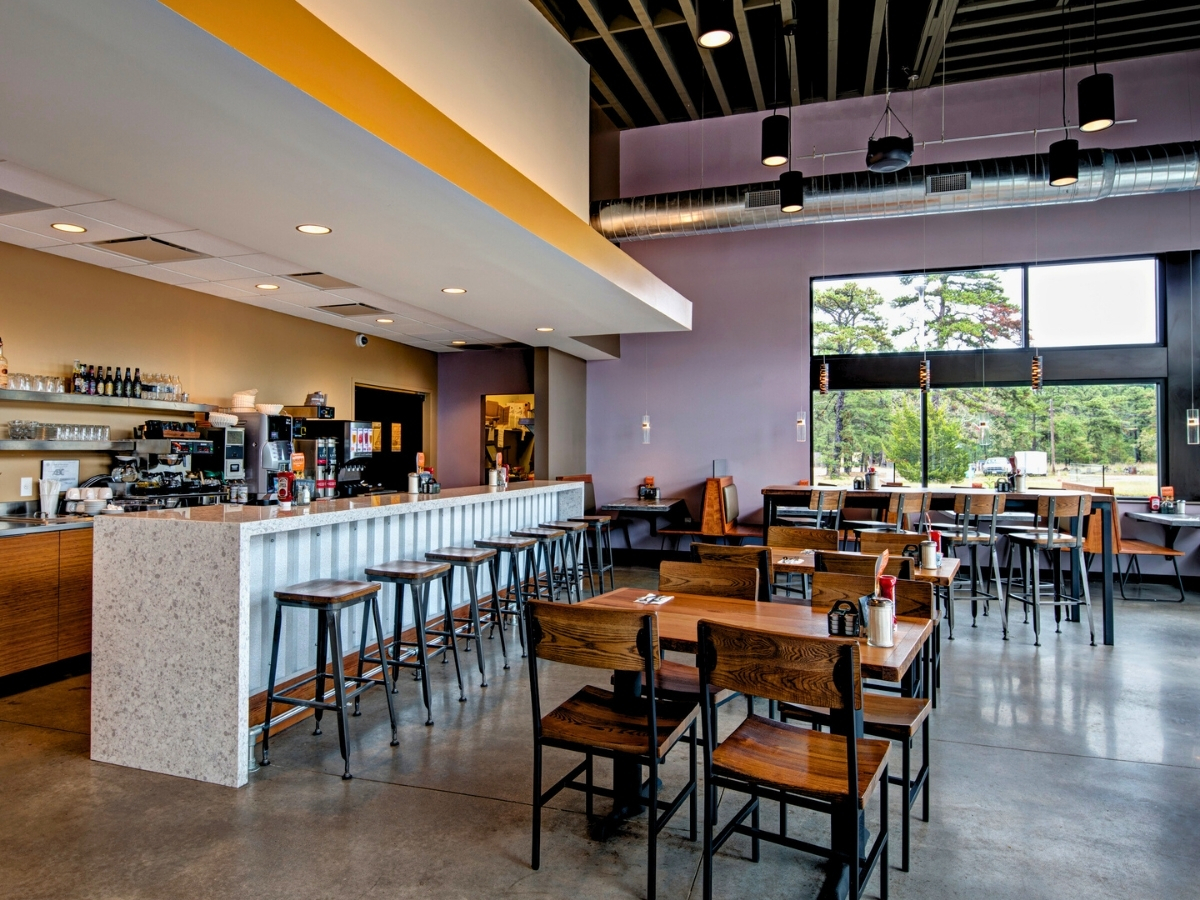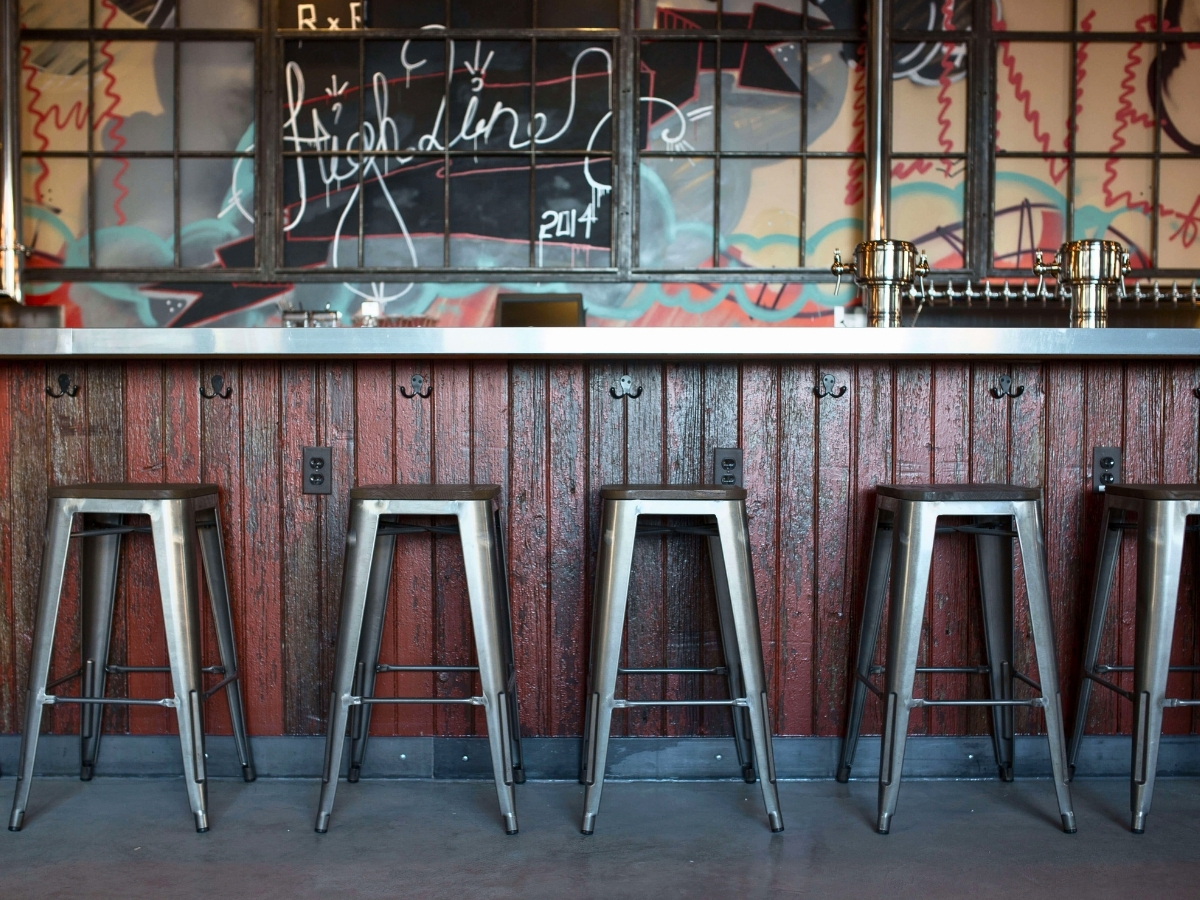5 Reasons Facebook Isn’t Enough
With the growth of social media and the dependence on sites such as Facebook and Twitter to keep consumers in-the-know, many new restaurants are asking if they need to have a website these days. While the landscape of the worldwide web and the manner of how people surf the ‘net surely has changed in recent years, my gut instinct is to answer, “yes.” But it’s not just that simple. Ten years ago, new restaurants only needed a website. Today, you need to have a more involved online presence. Sure, you probably should have a website, Facebook page, Twitter account, Google+ presence, and be managing Pinterest boards. Not to mention a strategy for Yelp. But here are my reasons why having a Facebook page alone won’t cut it. (These points can apply to any social network, really.)
1. Not everyone is on Facebook. You can spew the jaw-dropping statistics to me all day long. I know Facebook is huge. The number of Facebook users continues to grow. But the truth is, not everyone has a Facebook profile. Not everyone wants to use Facebook. And not everyone uses Facebook to search for restaurants when they’re hungry. Sure, your Facebook page will probably pop up on a Google search if you’ve set it up correctly, added your name in the URL, and used your restaurant’s keywords throughout the page. Can you guarantee a non-Facebook user will click on that Facebook result, though? I didn’t think so. I will absolutely argue that Facebook is a must-have for restaurants, but it won’t replace your own corporate website. At least not this year.
2. Facebook controls Facebook. Remember the timeline adoption that rolled out a few years ago? When Facebook changes, its users just have to go along for the ride and adopt. You are only one page on this gigantic network of pages, and Facebook owns every single one of them. I recommend branding your pages as much as possible through the cover photo, profile image, photo albums, and of course the messages you post via your status updates, but I also recommend linking your Facebook page back to a fully-branded site that you can design and control. Don’t forget, you’re going to need a mobile version of that same branded site. As a side note, depending on your account settings, your fans (and foes) can post information on your Facebook page. You can reply (or delete, which I don’t recommend), but it’s one less thing you can control on Facebook.
3. Facebook content is limited. A robust restaurant website should include: hours of operations, contact information, a map with directions, current sales or promotions, a complete menu, a photo gallery with pictures of food and ambiance and people, details on involvement with community or earth-friendly service projects, testimonials and reviews, an ever-changing blog, online reservation form, catering or takeout details, a little bit of history, the mission and vision statements, and key staff bios. If you sell bottled spaghetti sauce, branded t-shirts, or gift certificates, you are also going to want to implement an e-commerce shopping cart and payment processor. That’s a lot of info to cram into the ‘About Us’ section on Facebook. You can create custom-designed tabs and a Facebook store, of course, but that can get costly with so much info to share, and not every developer offers Facebook tab/store design. Besides, Facebook users don’t often look through the tabs, or even land on your Facebook page. If this info isn’t showing up repeatedly in users’ news feeds, there is a good chance they aren’t seeing it. With recent changes to how all information and posts show up in news feeds, with more opportunity for selecting the type of news a user sees, this even becomes more limiting to restaurant brands. Plus, if you aren’t already popular on Facebook, getting your content seen, liked, and shared is a challenge. Facebook insights don’t currently share the impressions your ‘About Us’ section or tabs are receiving, whereas you can measure the traffic to your website with easy integration to Google Analytics.
4. Facebook content is hard to navigate. I mentioned Facebook tabs above, but not all the tabs are prominent from the home screen of your Facebook page. And those posts you share? Well the timeline goes on and on forever, but Facebook doesn’t archive those posts in easy-to-find navigational menus. There’s a search bar on Facebook, but it’s going to search the entire network (and web) for results, not just your page.
5. Facebook replaced MySpace. Well, that’s not true. MySpace is still around, believe it or not. My point here is that if you invest entirely into Facebook as your main online presence, you’re going to really feel the negative impact when Facebook usage starts to dwindle or the next big social media platform comes around. I think Facebook does have staying power (for now), but again…you don’t have control of that. In fact, neither does Facebook.
I want to reiterate that Facebook should definitely have a place in your restaurant’s marketing strategy. It offers a great way to build community and generate fans. However, it’s my opinion that you also should invest in a corporate website. Only there can you control all the content, design, and properly promote your restaurant. Your Facebook and website pages should link to each other and support the same overall branding of one another. Being social and socially engaged is vital to the success of any restaurant (or business of any kind) in today’s real-time, interactive, socially demanding world. Your own website is a great place to start!
? How did we do? Let us know if this restaurant blog article is helpful to you, or what topics you’d like us to cover in the future!

